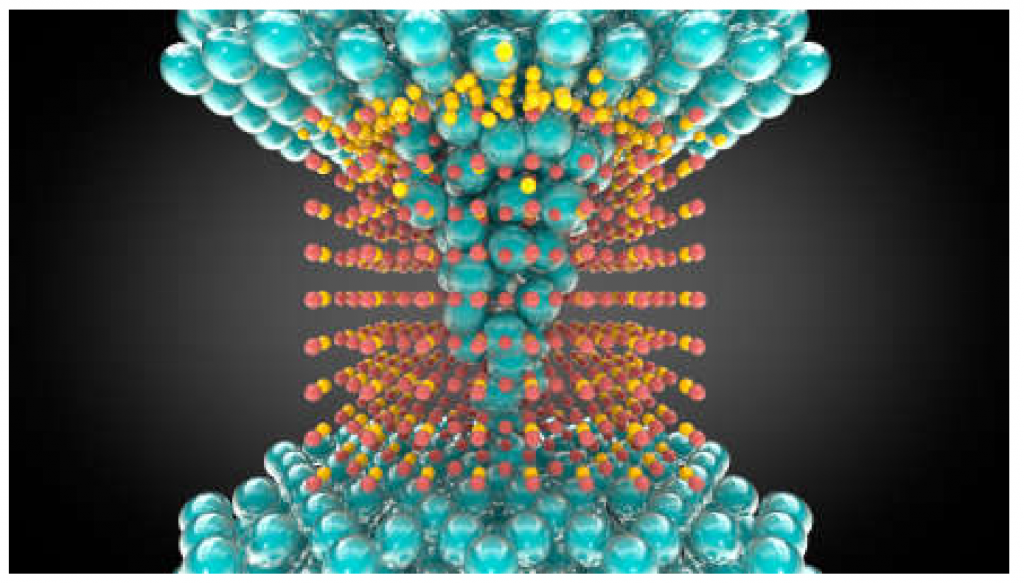(UIDI-UTN-CONICET)

A review on dielectric breakdown in thin dielectrics: silicon dioxide, high-k, and layered dielectrics.

Thin dielectric films are essential components of most micro- and nanoelectronic devices, and they have played a key role in the huge development that the semiconductor industry has experienced during the last 50 years. Guaranteeing the reliability of thin dielectric films has become more challenging, in light of strong demand from the market for improved performance in electronic devices. The degradation and breakdown of thin dielectrics under normal device operation has an enormous technological importance and thus it is widely investigated in traditional dielectrics (e.g., SiO2, HfO2, and Al2O3), and it should be further investigated in novel dielectric materials that might be used in future devices (e.g., layered dielectrics). Understanding not only the physical phenomena behind dielectric breakdown but also its statistics is crucial to ensure the reliability of modern and future electronic devices, and it can also be cleverly used for other applications, such as the fabrication of new-concept resistive switching devices (e.g., nonvolatile memories and electronic synapses). Here, the fundamentals of the dielectric breakdown phenomenon in traditional and future thin dielectrics are revised. The physical phenomena that trigger the onset, structural damage, breakdown statistics, device reliability, technological implications, and perspectives are described.
Summary Background
Felix Palumbo has received the M.Sc. (2000) and the Ph.D. (2005) both in physics from the University of Buenos Aires, Argentina. He is an active researcher in the field of semiconductor device physics and reliability, with experience in the academy and industry. At present, he is a research staff of the National Council of Science and Technology (CONICET), and a Full Professor at National Technological University (UTN) in Buenos Aires, Argentina.
